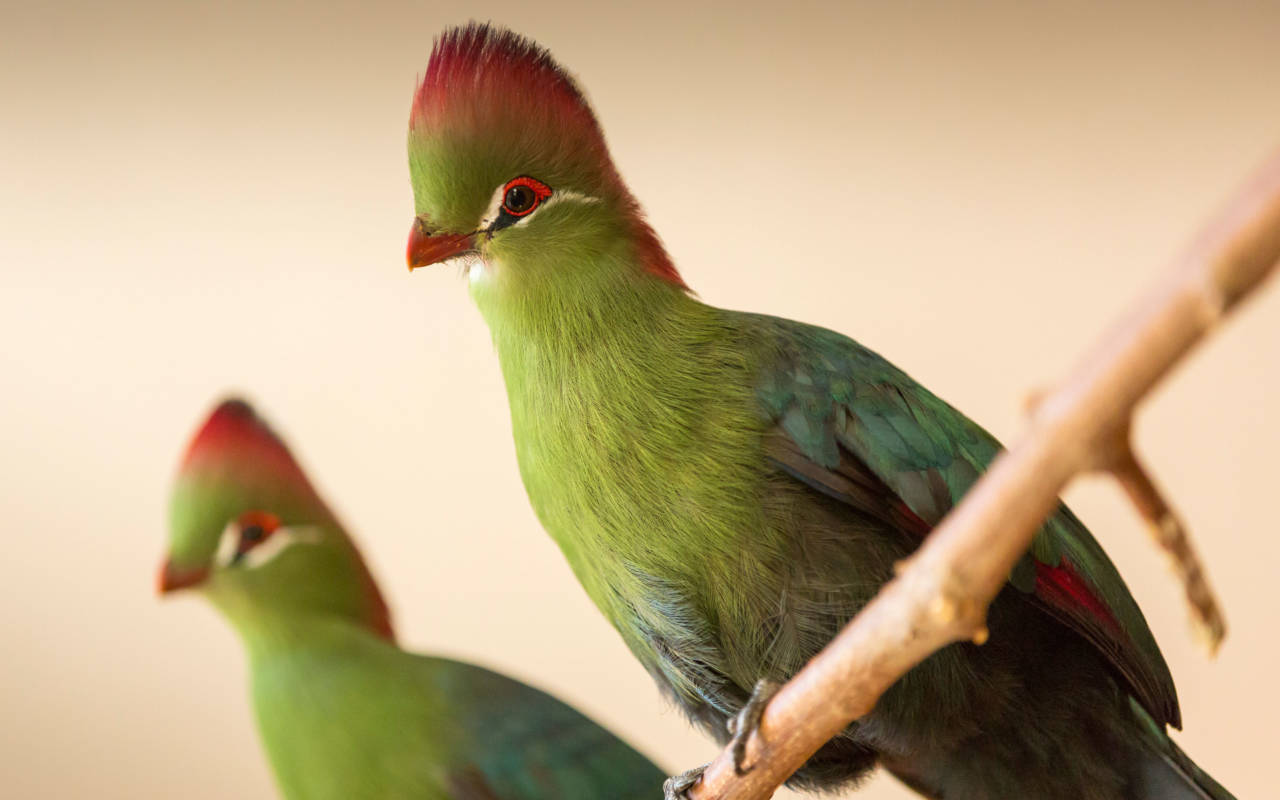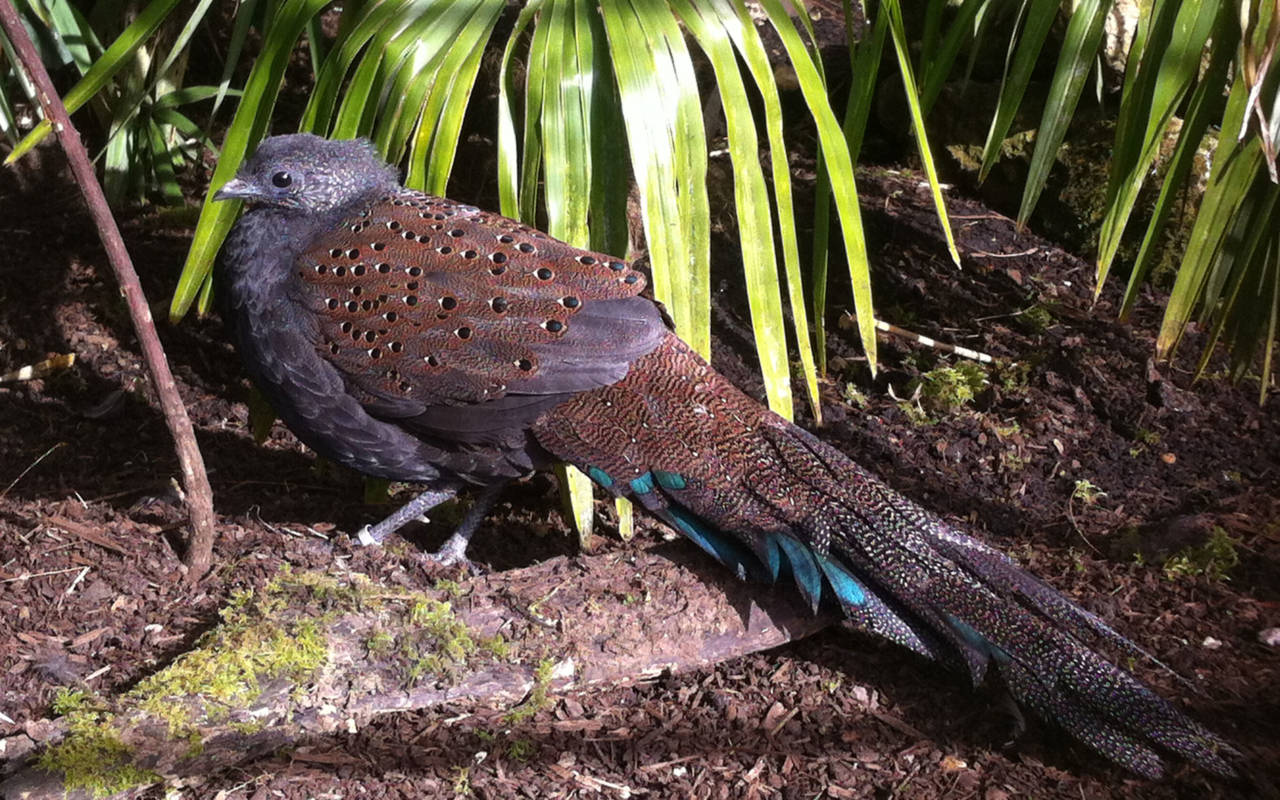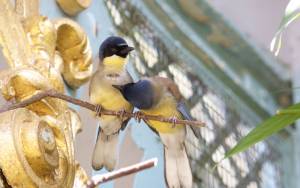
Successful breeding in the Aviary
While Waddesdon was closed for much of 2020 due to the pandemic, the Aviary was a constant hive of activity behind the scenes.
Throughout the year, the Aviary team continued to work onsite to care for our birds each day of the year. Although the team changed their rota to allow social distancing, they tried to ensure as normal a breeding season as possible.
Many of the birds at Waddesdon are threatened programme species, so a decision not to breed would have impacted the population numbers. Additionally, it would have had a negative effect on the birds themselves, preventing them to express their natural behaviour.

The Aviary keepers continued Waddesdon’s conservation breeding programme and had impressive results. The most productive species in 2020 was the Fischer’s turaco. Two pairs of this near-threatened species are kept in the Aviary and the team have also managed the European Association of Zoos and Aquaria (EAZA) studbook since 2018. Six young, three from each pair were successfully bred, which has helped bolster the numbers in European zoos considerably.

The Rothschild peacock-pheasant also had a good season, with a chick who was parent-reared for the first time at Waddesdon. Ten chicks have been bred since 2014 when Waddesdon took over the management of the species within EAZA collections.
Three spotted laughing thrush were reared last year, two hand-reared and one parent-reared. This was a very good season for this species which is difficult to breed in captivity. Another programme species that did particularly well was the Omei Shan liocichla with seven young being parent-reared from two pairs.

The blue-crowned laughing thrush which is critically endangered in the wild, and a species that Waddesdon has done very well breeding in the past, produced four chicks. Waddesdon, through the Rothschild Foundation, currently funds important in-situ fieldwork with this species.



